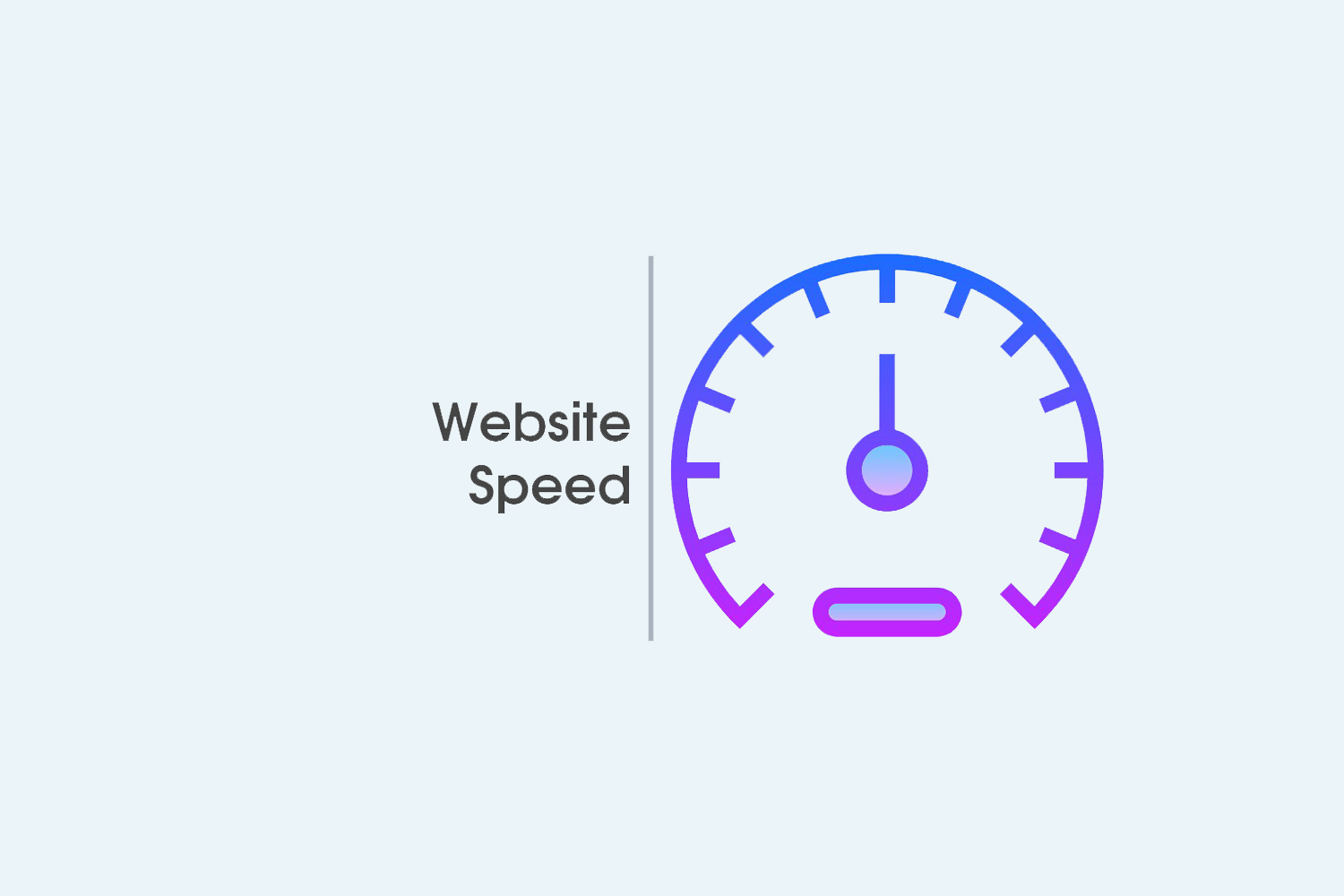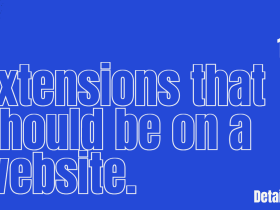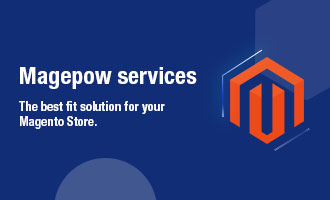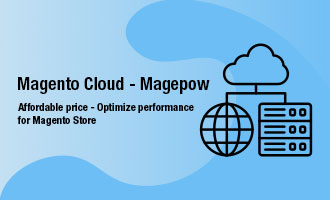Contents
- I. What is website speed? – Website speed definition
- II. Importance of website speed
- 1. The impact of website speed on the website’s position on search engines
- 2. The impact of website speed on paid searches
- 3. The impact of the speed website on advertising on social networks
- 4. The impact of speed website on bounce rate
- 5. The impact of website speed on user experience and conversion rate
- III. How to measure and check website speed?
- IV. What is the best website speed? – Normal website speed
- V. Why is the website loading slow?
- VI. How to speed up a website?
Website speed is one of the important factors to evaluate website performance, as well as for search engines to evaluate and rank for websites.
So what is website speed, the importance of website speed, how much is the best website speed, how to measure website speed, why your website loads slowly and what are the ways to Speed up a website? Let’s find out with Magepow in this article!
I. What is website speed? – Website speed definition
Website speed (or site speed) is understood as the loading speed, the response speed of the website when users use the website. On a website, there are many different pages, so when it comes to “Website speed” you can understand site speed is the loading speed, the average response speed of a website.
Site speed measures the speed of all the pages that make up your site. People often confuse “website speed” and “page speed”. But these are two completely different definitions.
Page speed is the speed of an individual page on your site, you can also understand it is the loading speed, the response speed of a specific page in the website. It can be “page load time” or “time to first byte”…
Page load time is the total time it takes a particular page to load (including all the images, scripts, CSS, and third-party resources (of course HTML)) on the web page.
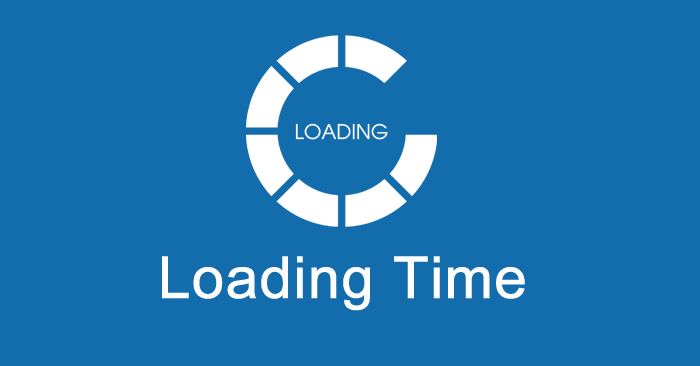
Server response time is the period of time from when a web client makes a request (for example, clicking a link or entering a URL in the address bar) and the server responds to the request. Response time is calculated in three parts: time to the first byte, time to receive the title and HTML load time of the web page.
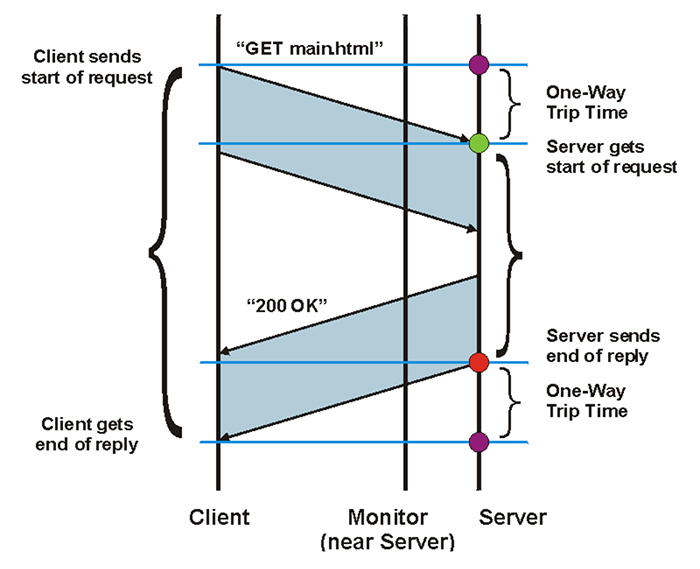
II. Importance of website speed
You have a website with a great design structure and lots of useful and attractive content. But always remember that, before coming to interesting content with beautiful images, users must download your website first. All that you’ve done to your website is meaningless if the user can’t see them because your page load speed is too slow.
1. The impact of website speed on the website’s position on search engines
Website speed is an important ranking factor for search engines, especially site speed on mobile devices.
A fast site speed will result in a better user experience, while a slow site speed will result in a poor user experience. Users will typically stay on the site longer, exit less, and higher conversion rates if the web loads faster. That is why Google in particular and other search engines, in general, are using site speed as a ranking factor.
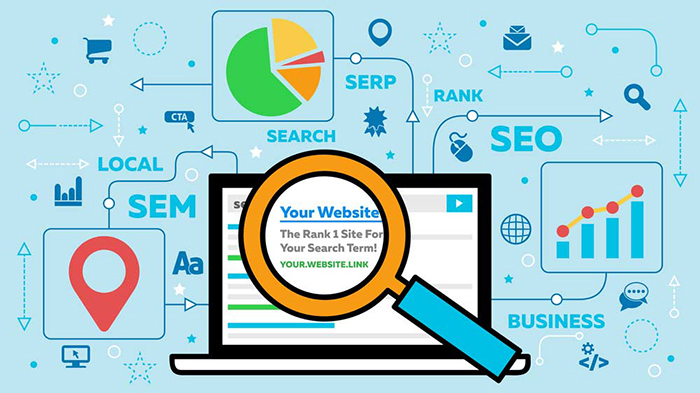
So site speed has a direct impact on SEO rankings and organic traffic.
2. The impact of website speed on paid searches
With paid searches (also known as advertising), the ad position is considered by the ad bid and quality score. The higher the ad bid and quality score, the higher the ad position.
Thus, in order for your ad to be in a good position, you must increase your bid or increase the quality score for your ad. However, raising bids for increased costs and reduced profits, increasing bids is not satisfactory. So to have a high position in the paid search as well as reduce advertising costs, it is necessary to optimize the quality score.
To have a good quality score, it is necessary to ensure two factors: the landing page must be SEO standard and the advertisement must be very attractive.
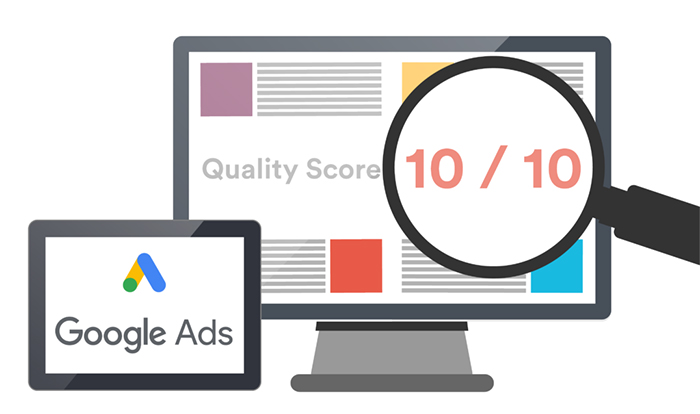
In particular, the basic elements of a landing page qualified to run ads on Google Adwords effectively include: the landing page title must have the keyword to run the ad, the keyword density in the landing page is 3-5%, natural allocation, fast page loading speed, the minimum content of 800 words …
It can be seen that the website speed also affects the results of paid searches, the faster the site speed, the higher the quality score, along with an advertising bid, the higher the quality score of the website is. Has a higher position. Even if your quality score is significantly higher than your competitors, you can lower your ad bid but your position is still higher than your competitors.
Thus, with a faster site speed, you can get a higher quality score, you will pay less and rank higher.
Like paid advertising on Google, Facebook also favors fast websites. Facebook, like Google, wants to show users the best results for what you care about.

Facebook made an algorithm change in August 2017 aimed at prioritizing user experience where website speed comes into play. As we discussed, the better the site speed, the better the user experience. Facebook reports that website speed and user experience are the deciding factors for Facebook to prioritize or not to prioritize your ads. While there are many factors that influence Facebook’s algorithm with social ads, fast loading times affect higher priority in newsfeeds, while slow load times affect low priority more on the newsfeed.
4. The impact of speed website on bounce rate
Bounce rate is the percentage of users that leave your website after visiting only one page. That bounce rate is easily tracked by Google and is a powerful signal to your site’s ranking.
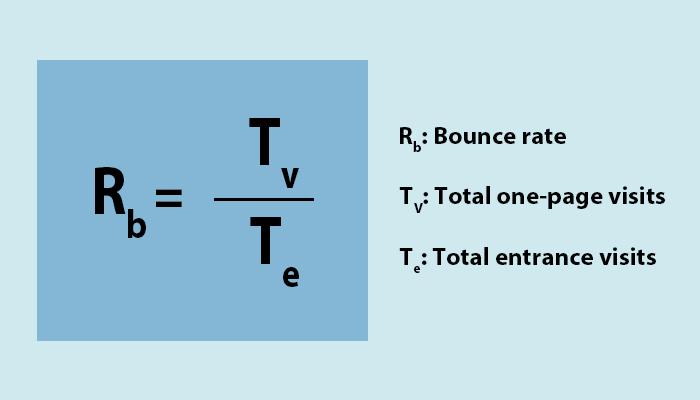
If the loading speed and response speed of your website are too slow, then users will surely exit your website right after visiting, even before the content is uploaded, making the bounce rate increase, Google does not appreciate this.
5. The impact of website speed on user experience and conversion rate
Both Google and Facebook care about user experience, putting user experience first.
Through the above 4 parts, we can see that website speed affects website ranking on search engines, ad position on search engines, social networks, bounce rate. But overall what it really does impact, is user experience and conversion rates. User experience influences SEO, search and social media advertising, which is why site speed is so important. Because it plays a direct role in the user experience.

A website or an e-commerce platform that takes too long to load will cause users to never return, which directly affects the site’s conversion rate. Some practical research results have shown that:
- Every 100ms of latency causes Amazon to lose 1% of its revenue.
- The BBC loses 10% more users for every second that their website loads.
III. How to measure and check website speed?
To measure and test website speed you can use Google’s free tools, Google PageSpeed Insights, or Chrome DevTools.
In addition, to test the website speed you can also use other 3rd party tools such as:
To test your website speed on mobile devices you can use Test My Site of Google.
See more Top 10+ best online free website speed test tools for more detailed information about these tools.
IV. What is the best website speed? – Normal website speed
To evaluate website speed, Google has several indicators: First Contentful Paint (FCP) and Largest Contentful Paint (LCP). Google gives 3 levels of Good, Needs Improvement and Poor to evaluate these metrics. The thresholds for each indicator are as follows:
First Contentful Paint (FCP)
- Good: 0 – 2 second
- Needs Improvement: 2 second – 4 seconds
- Poor: 4 seconds and up
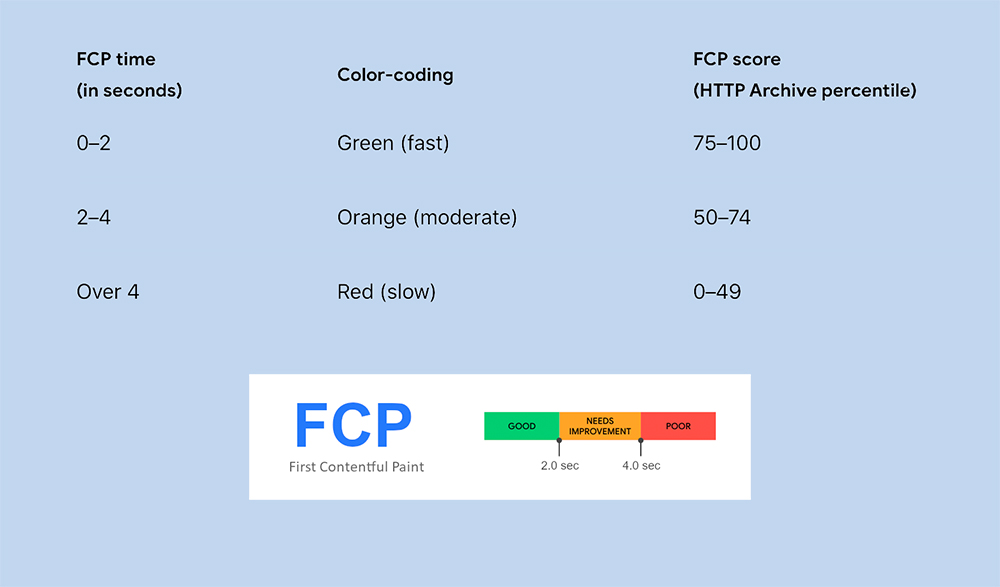
Largest Contentful Paint (LCP)
- Good: 0 – 2.5 seconds
- Needs Improvement: 2.5 seconds – 4 seconds
- Poor: 4 seconds and up

Each site speed test tool will have different speed evaluation indicators, which tool do you use, please refer to the information about those indicators to know: “What is the best website speed?” and “Normal website speed”.
V. Why is the website loading slow?
1. Off-website causes
a. Website is slow due to hosting
Hosting low configuration, not optimized, overloaded by many users… are the main causes of slow hosting. Once this happens, there is nothing you can do to improve the situation. So, the wise decision is to choose a reliable supplier. They must have good infrastructure, experience, reputation and quality.
Choose the type of hosting that suits the needs of your website. Refer to our dedicated hosting package for Magento websites now.

b. Website is slow due to DNS resolution system
Do you think domain names affect web loading speed? They directly affect the total web load time. That is why you should choose DNS resolution systems that are as fast as possible and that are suitable for your customer base.
2. On-website causes
a. Website is slow because the image is not optimized
Website using many large, unoptimized images is often the most common reason for slow website speed. Large resolution images can consume a lot of bandwidth while downloading. Or uploading large images but then scaling them down can unnecessarily increase your site’s size. All of these will slow down your website.

The image format is also an important factor to mention. JPEG images are much smaller in size than other image formats such as PNG, GIF. So your website will load faster if you are using a JPEG image instead of a PNG or GIF.
b. Website is slow due to JavaScript and CSS
JavaScript makes your website more animated. However, if not optimized, JavaScript can cripple your website’s page-loading speed.

When a browser tries to render a web page, it must first stop and fully load any JavaScript files it encounters. This results in what’s known as “render-blocking JavaScript” or JavaScript that is preventing the page from loading quickly. It can lead to significant lag when loading webpages.
Like JavaScript, your website’s CSS – the code responsible for styling the pages – can delay loading if not optimized.
c. Website is slow due to excessive HTTP request
Having loads of JavaScript, CSS, and image files can result in too many HTTP requests. When a user visits your website, the browser makes several requests to load each of these files – which can significantly decrease the page load speed.
d. Do not use cache
Caching is known to improve the performance of web pages. It’s a technique that allows you to store frequently used data points in “cached memory'”. Any subsequent requests for the same content are served from the cache, thus speeding up the overall data retrieval.
By implementing browser / HTTP caching and server-side caching, you can notice a significant improvement in the performance of your website.
e. The website code is too cumbersome
The more code a user’s web browser has to load, the longer it will take for your site to render. If your code is too “bulky” or contains unnecessary characters and line breaks, your website may be slower.

By eliminating these unnecessary elements, you can compress code, reduce file size, and improve overall page load times. Technically, this process is called miniaturization. You can use the right extensions to clean and shrink files. Currently, there are many providers of website speed optimization services, you can use the help of suitable providers.
If you are looking to speed up your Magento website then you can learn more about our Magento 2 Speed Optimizer Extension and Magento Speed Optimization Service.
By eliminating these unnecessary elements, you can compress code, reduce file size, and improve overall page load times. Technically, this process is called miniaturization. You can use the right extensions to clean and shrink files. Currently, there are many providers of site speed optimization services, you can use the help of suitable providers.
VI. How to speed up a website?
With off-website causes causing slow website speed, you can change hosting packages, choose fast DNS resolution systems.
With on-website causes, you can apply the following ways to speed up your website:
1. Optimize images for the website
- Check your image file size, anything over 1MB is really unacceptable.
- Use a JPEG image instead of a PNG or GIF, especially for larger images.
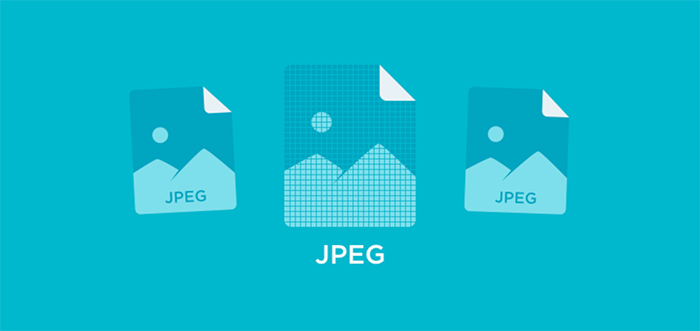
2. Optimize JavaScript and CSS
- Test your JavaScript / CSS scripts to see what you really need and get rid of what you don’t need.
- Delete external JavaScript / CSS files and use inline JavaScript / CSS instead.
- Delay JavaScript loading until the rest of the page is visible to the user.
- Use “media types” to specify when certain CSS files should be loaded.
3. Use Cache
The resources include images, fonts, content… All of them can be stored in the browser via the Cache Cache. When performing an archive, the browser will only load the page elements once. Every time a web page changes its content, page element, the browser will just need to ‘save’ the new changes and retrieve the rest of the information from the Cache. So using Cache will help your website load faster.
4. Using AMP (Accelerated Mobile Pages)
Currently, more than 50% of users use mobile devices to browse the web. AMP (Accelerated Mobile Pages) is another Google Page Speed initiative that helps websites load faster on mobile devices. Excluding the component that works well on the desktop and other unnecessary features, mobile browsing speed will be faster and smoother.
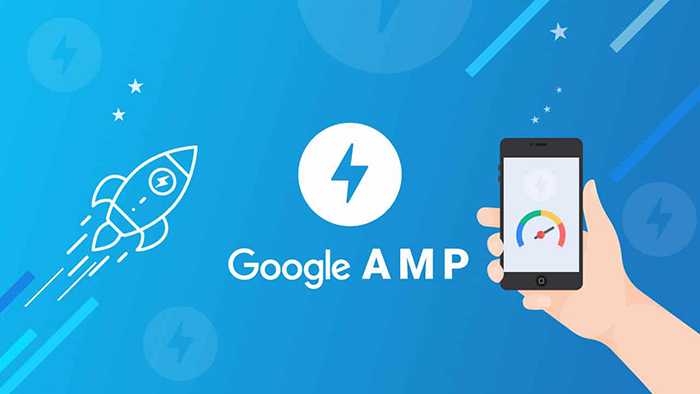
Details: How to optimize a website speed – 15 best ways to speed up your website
Site speed is tied to its success, so taking advantage of every available opportunity to improve it is worth the effort. Speed Optimization will help Search Engine Optimization (SEO) and UX, leading to better visibility and higher conversion rates.
If you are looking to speed up your Magento website then you can learn more about our Magento 2 Speed Optimizer Extension and Magento Speed Optimization Service.
We hope this article will be useful to you!!!


